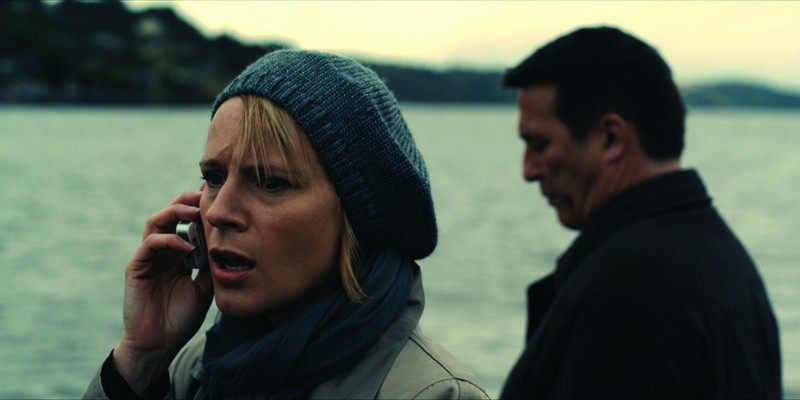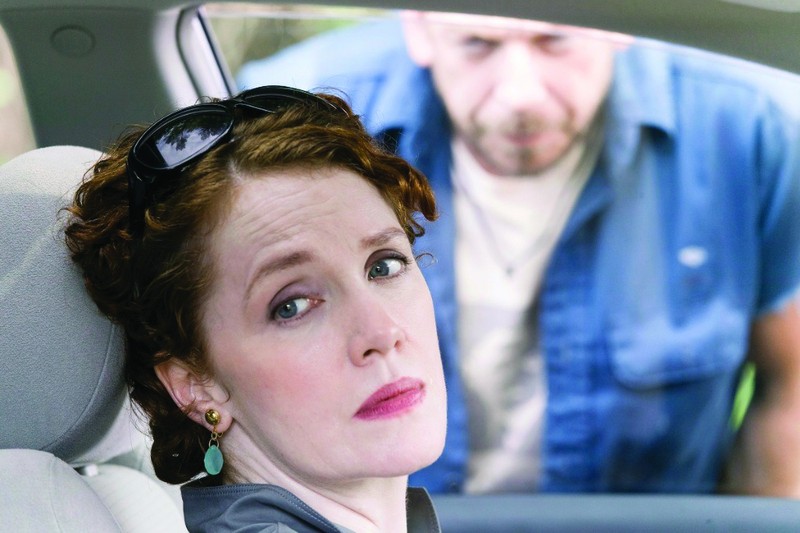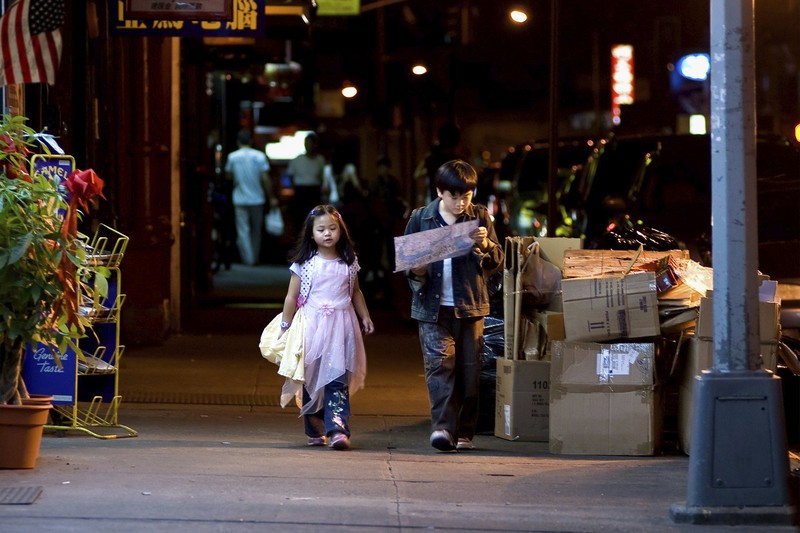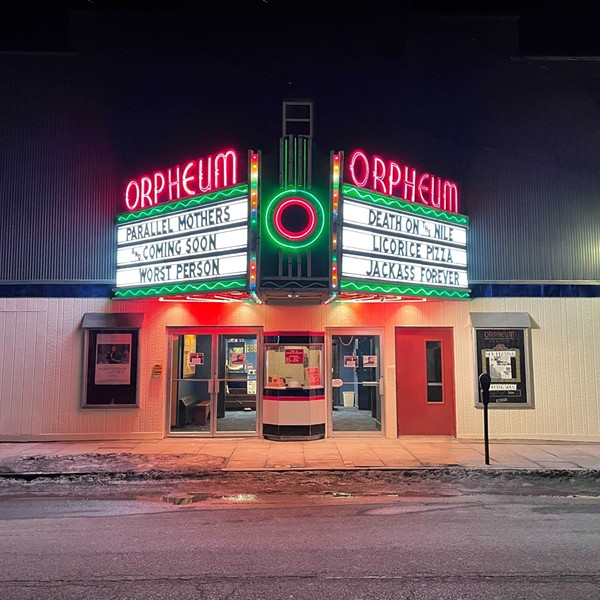The Tiger Next Door (Dir. Camilla Calamandrei)
How many of us didn’t feel a twinge of schadenfreude when Grizzly Man Timothy Treadwell ended up inside one of his so-called ursine pals in Herzog’s 2005 doc? Enter longhaired eccentric Dennis Hill who purports to understand tigers better than anyone else; he keeps 26 of them—as well as black bears and lemurs—in inadequate, rickety cages on the property of his Flat Rock, Indiana home. He sells some to circuses, others for Las Vegas spectacles. When the government steps in to cite him for violations, Hill must find homes for most of his animals. Hoarder or humanitarian? In this Animal Planet-produced film, a troubling portrait emerges but director Calamandrei’s even-handed treatment does not condemn even as it asks tough questions.
Time of Their Lives (Dir. Jocelyn Commack)
“Old age is no place for sissies,” warned actress Bette Davis, and these members of a residential home for the elderly in Northern London live her maxim daily. Writers, activists and philosophers of a certain age, these women remain cerebrally vibrant, even as their bodies fail them. With undimmed acuity and a surfeit of opinions, they hold forth on religion, love, incest and, understandably, the possibility of an afterlife. Hetty Bower, 102, an anti-war marcher since the late 20s, predicts the end of the Iraqi occupation, explaining, “If I haven’t lost hope in a hundred years, you mustn’t lose hope.” A giddy affirmation of life with more than a dose of bittersweet.
Trimpin: The Sound of Invention (Dir. Peter Esmonde)
The wild look in his eye and his tangled coiffure would more than qualify Gerhard Trimpin for mad genius, but the Seattle-based artist has spent his life creating high-tech gadgets that combine music and physics—recalling the beloved cuckoo clocks of his Schwarzvald childhood. One can only watch in slack-jawed admiration as he explains his inspirations, demonstrates inventions, builds artistic installations and works on a performance piece with Kronos Quartet. A beguiling profile of a man of playful greatness.
William Kuntsler: Disturbing the Universe (Dir: Sarah and Emily Kuntsler)
What starts as a “Daddy Dearest” rant against the man who was more adept at being a leftie attorney than a father, this film shakes off the initial bile to become a gripping account of the seminal events of the ‘60s and ‘70s—the Chicago ’68 Riots, Attica, Wounded Knee—in which Kuntsler participated. Yet his offspring do not shy from the glaring contradictions in his life: a suburban Westchester life and the quick embrace of the counterculture, culminating in a shift in ideals during the 90s when Kuntsler defended a series of political assassins, rapists and cop-killers. Even dear friends have mixed feelings. One describes him as “a silver-tongued trickster, a Pied Piper,” while another observes, “A lot of times, fame was his motivation.” Bearing witness are Father Daniel Berrigan, Tom Hayden, Bobby Seale, Phil Donahue, and a Chicago 7 trial juror. A loving but clear-eyed portrait of a complicated hero and the equally complicated era in which he thrived.
Without a Home (Dir. Rachel Fleischer)
More of a video diary than a documentary, Without a Home records the director’s ongoing efforts to help a number of street people she encounters in her treks across Los Angeles. Those who consider homelessness a self-inflicted wound or alternately a failure of the system will find adequate evidence for both beliefs in this film: The people are either substance abusers, mentally ill or recession victims. Fleischer emerges as a bleeding heart that gets in over her head in trying to help these people, thus raising thorny ethical issues about her role as an impartial filmmaker. But her tenacity in telling these stories, most irrevocably tragic, makes Without a Home a powerful document of an unresolved American social phenomenon.



























